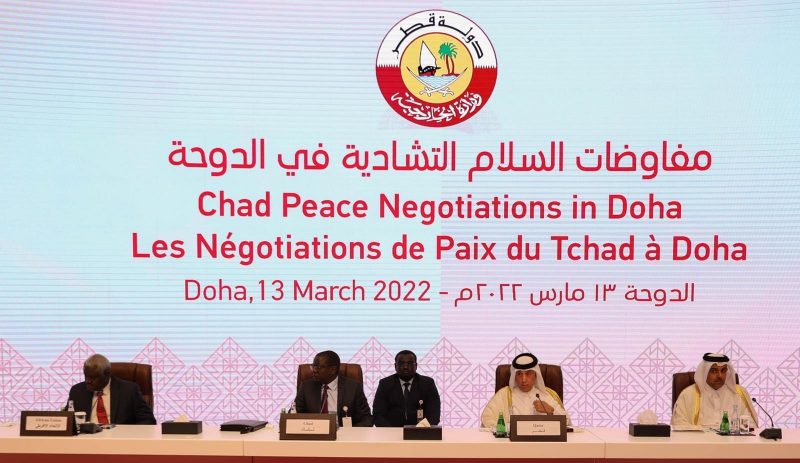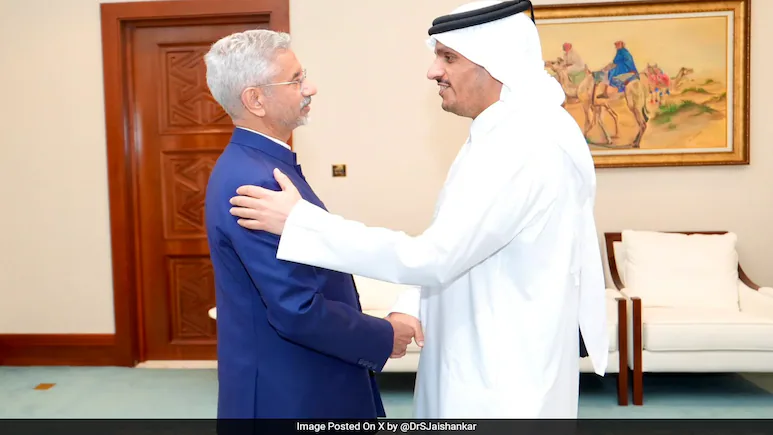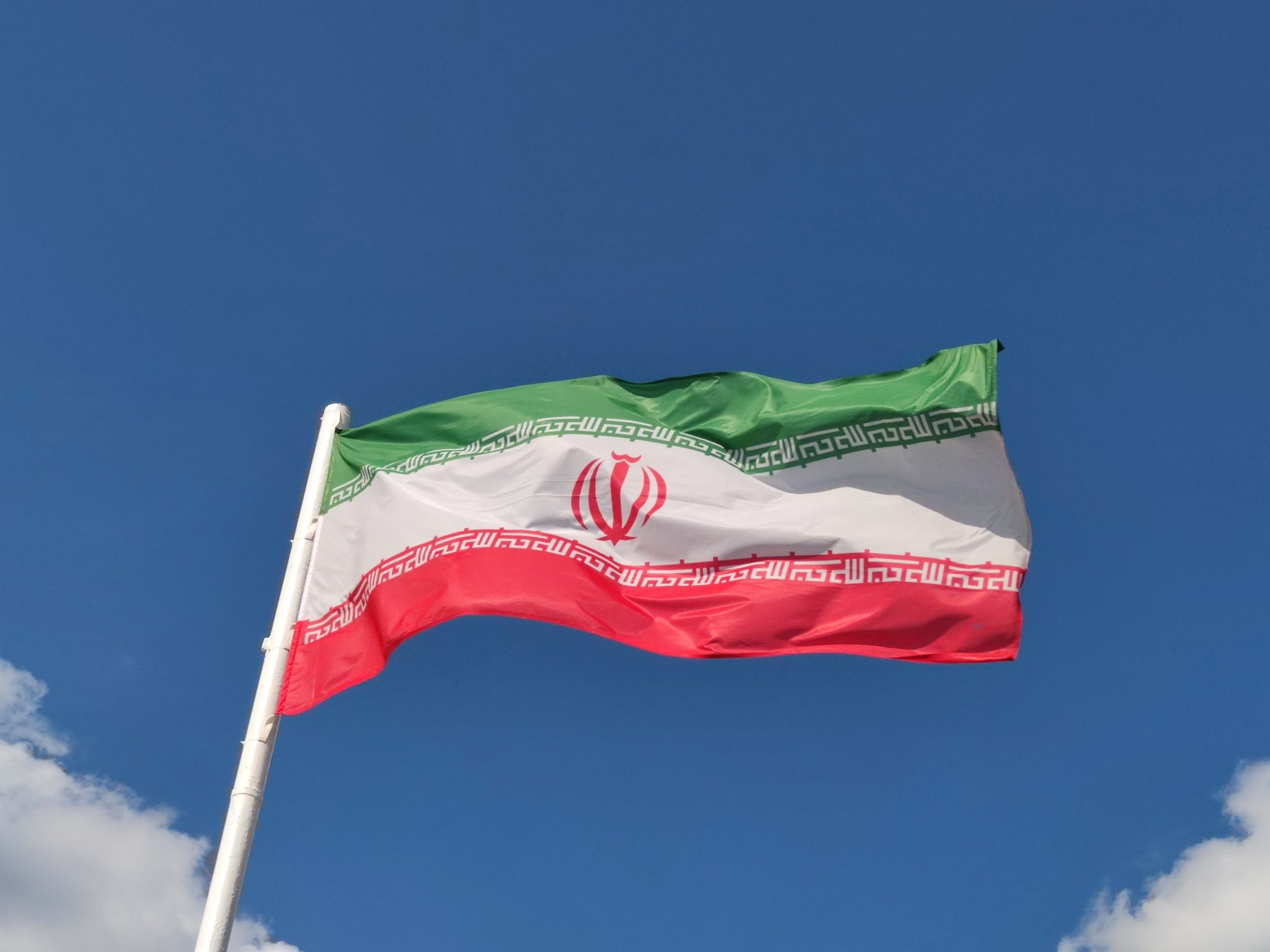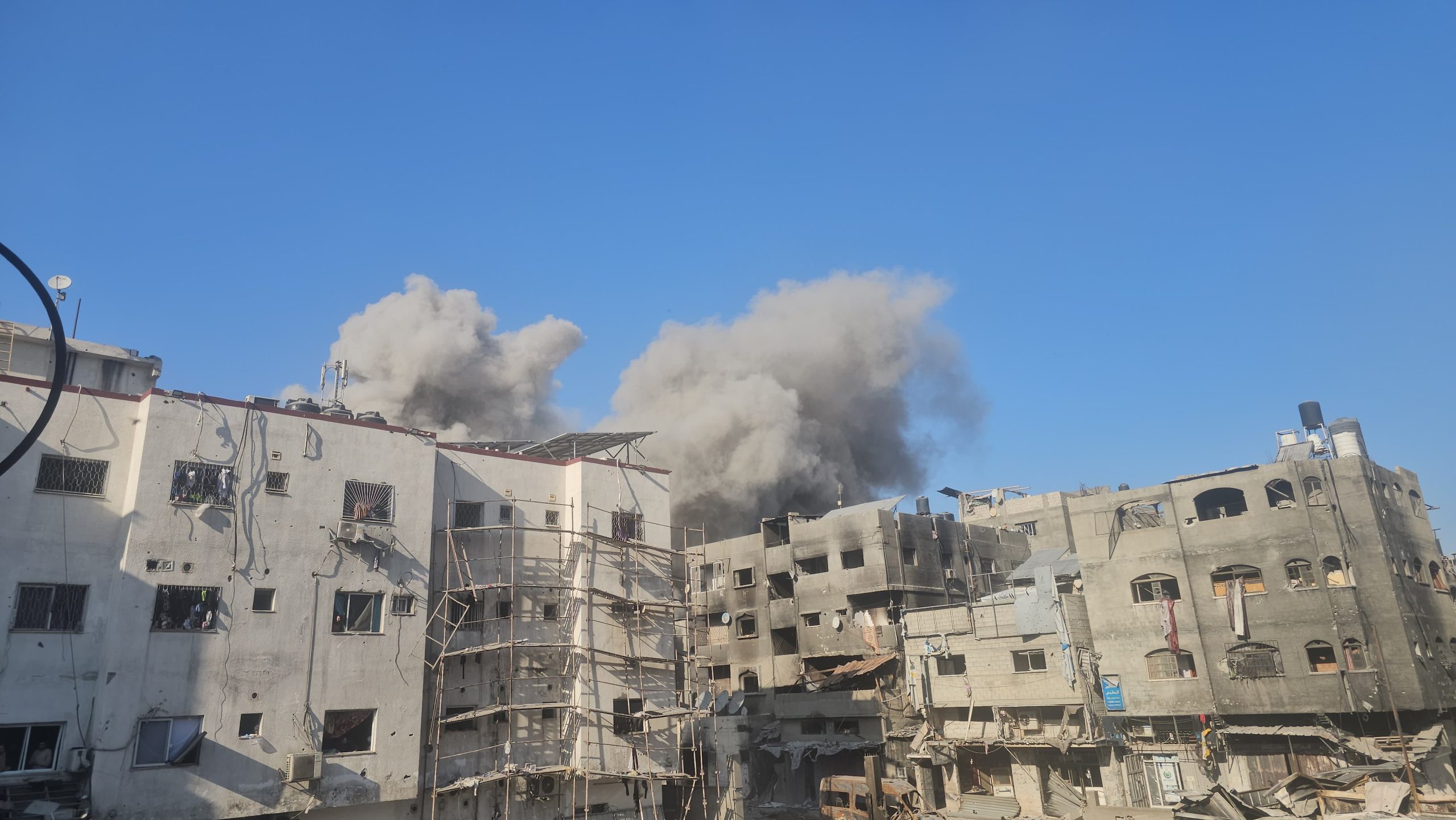Chad has witnessed rising tensions between conflicting sides, as Chadians demand a civilian-led transition.
The Chadian pre-dialogue in Doha will continue despite the withdrawal of some rebel groups from the talks on Saturday, a Chad source privy to the matter told Doha News.
“To give a chance to the peace so longed for by the Chadian people, we shall not suspend ongoing negotiations…We thank the State of Qatar for its mediation and renew to it our full confidence,” read a letter signed by several Chadian sides seen by Doha News.
Rebel groups stepped out of talks after the Transitional Military Council (TMC) of President Mahamat Idriss Deby announced the date for the national dialogue, set to take place on 20 August.
Delegations that withdrew said the date was set without consultation and accused the government delegation of “harassment, intimidation, threats and disinformation”.
Qatar has been hosting the preparatory talks since 13 March and has brought together more than 40 opposition groups in a bid to break a political deadlock in Chad by paving the way for long-promised, free and transparent elections.
The Gulf state was named an official mediator following an unanimous agreement by parties involved.
While government delegations claimed talks were progressing, opposing groups stated otherwise, pointing to a lack of an agreement.
This comes as the date of the national dialogue continues to face changes amid stalled talks in Doha. Initially, dialogue was planned for 27 February but was later changed to 10 May.
However, the conflict-resolution talks appeared to move forward in May when political and military sides agreed on forming a united delegation. The unified team comprised the Doha, Qatar and Rome groups that were formed at the beginning of the talks per Qatar’s request from the armed movements.
“Now the main step is to merge the three groups and form a single delegation and the direct talks between the two sides are going to begin,” a source with knowledge told Doha News at the time, noting the previous talks were “indirect”.
On 6 May, a draft government agreement was proposed to the rebel groups to speak with a unified voice, as Radio France Internationale (RFI) previously reported.
With the formation of the single team, the mediator can better hold talks between the armed movements and the TMC.
Chad’s political turmoil
The current TMC leader had named a 40-member transitional government in May that was set to remain in office until the end of 2022. Deby had also formed the 93-member interim parliament in September, the National Transitional Council (NTC).
The developments came after the current TMC president assumed power following the death of his father, former President Idriss Deby.
The former leader was killed on 20 April 2021 during intense fighting between government and rebels from the Libya-based Front for Change and Concord in Chad (FACT) group.
N’Djamena has since witnessed rising tensions between conflicting sides, as Chadians demand a civilian-led transition. While opposition groups have also called on Deby to not run in the elections, the government has insisted on discussing the matter during the national dialogue.
Meanwhile, rights groups including Human Rights Watch (HRW) expressed concern over worsening rights conditions in the country.
“Chad’s allies should tell him [Deby] that the military council; should reverse course, respect and protect Chadians’ right to peaceful protest,” said HRW in April.
HRW said the current 38-year-old ruler has been carrying out arrests of dissidents and threatening critics across the country, claims that have been denied by Deby’s ministers.







